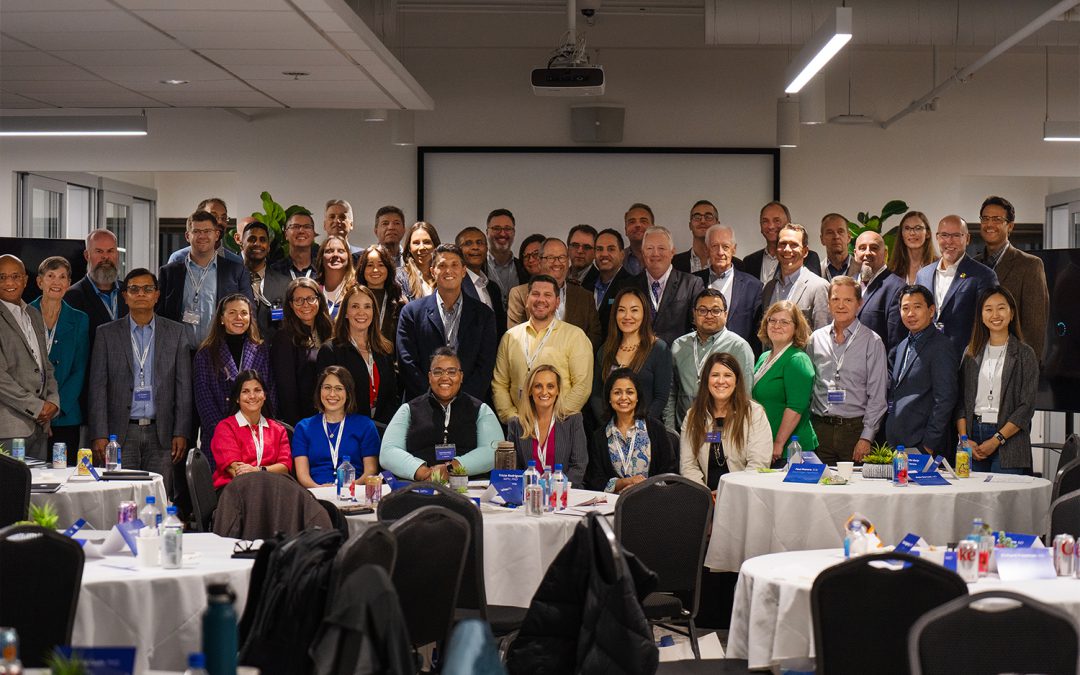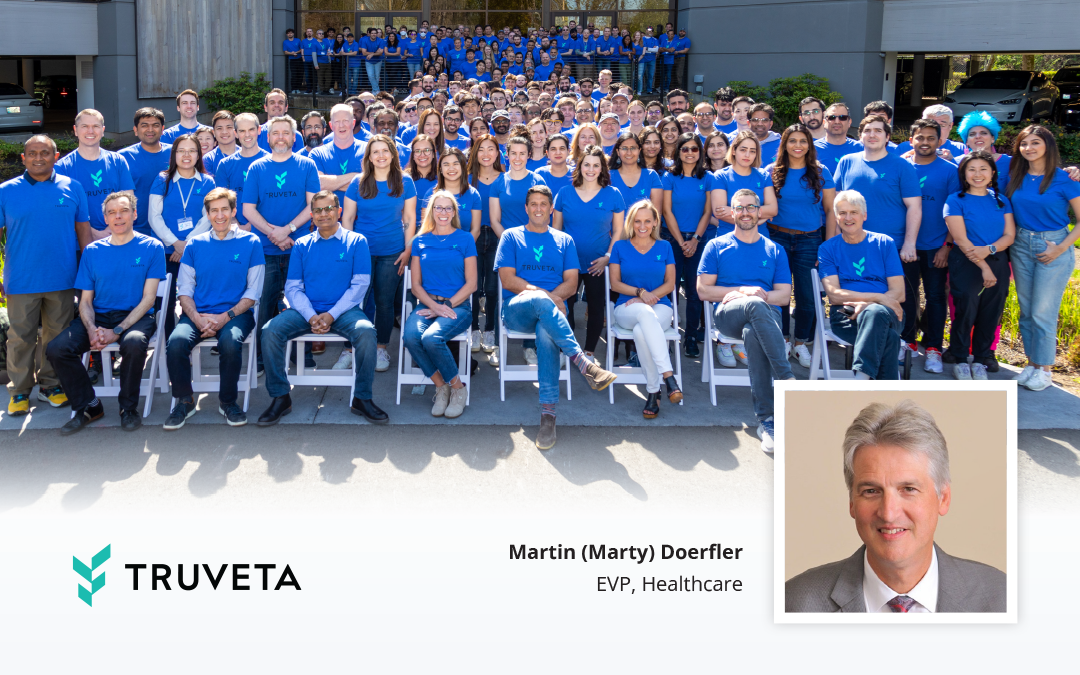It is so helpful to have a world view of the industry you participate in, a view that is long term coherent, and toward which everything eventually converges to. Over the course of my tech career, I came to appreciate a complex world view balancing the intersecting game theories of devices vs. cloud, platform vs. app, enterprise vs. consumer, and more. Reflecting, this was achieved by being grounded in the clear economic motivations of all parties.
Now, as I attempt to do the same for healthcare, I can now confidently say that the healthcare industry is more complicated than tech. Every day, economic incentives intersect (and collide) with beliefs that healthcare is a human right. We have hardcore capitalists righteously arguing for fundamental government participation. And to top off that complexity, we have the prominent role of religion as sponsors and providers of so much healthcare (I had never realized that the Catholic Church manages 26% of all healthcare facilities globally!). Even within the most non-practicing of people, religion becomes meaningful at times of birth and sickness, when healthcare provides so much value to all of us.
As I go through my learning journey, I thought I would start posting some of what I’m reading and thinking about to have a discussion and learn from others out there. This week it was two NY Times articles which caused me to reflect:
First, a view of the US health system, and the rise of private equity ownership of physician practices: Who Employs Your Doctor? Increasingly, a Private Equity Firm. The article explores a new study that found private equity firms now own more than half of all specialties in certain US markets. The chart below says so much. I would feel good about this if this was a case of the best gastroenterologists being rewarded for excellence. But that’s not at all what is happening here. Instead, we have bankers cornering a resource and demanding more for the bank – this doesn’t benefit doctors or patients, prices will go up, and we will all continue to bemoan our broken US healthcare system.

On the flip side, the other story covers the current state of the beloved NHS in the UK, where there is a strong belief that healthcare is a human right to be provided by the government. A National Treasure, Tarnished: Can Britain Fix Its Health Service? Ouch:
- More than 7.4 million people in the UK are waiting for medical procedures
- It’s so difficult to get an appointment with a family doctor, that the E.R. has become the first stop for millions of sick Britons
- Starting wages for a doctor are comparable to the baristas working in the hospital lobby
I appreciate a great latte – but I think it’s ethical and right to reward a doctor for 10+ years of training – and I appreciate being able to get appointments for my family when we need them.
Innovation gives me hope!
I’m optimistic that innovation will greatly improve both situations. The growth of telemedicine will enable access to specialists outside of local geographies and conversational AI will reduce the need for many routine medical appointments, allowing our local healthcare systems to focus on the patient relationship and procedures only they can perform. If you squint, you can see a more accessible, more effective, lower-cost, patient-centered health care system supported by incredible life science innovation, but we’ve got some work to do!
– Terry







